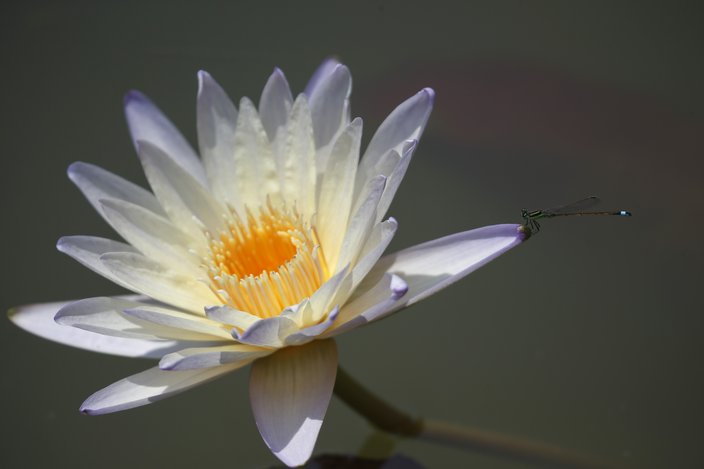
May 24, 2016
As we enter the warmer-weather season in the United States, and, with it, mosquito season, exposure to the Zika virus at home, especially for pregnant women, is becoming a real concern.
The CDC advises all pregnant women or women considering becoming pregnant to postpone travel to affected areas and to protect themselves from possible exposure both while traveling and at home.
More on Zika virus: What you need to know to avoid an outbreak here
Recommendations include wearing long-sleeved shirts and long pants and using U.S. Environmental Protection Agency-registered insect repellents, including those containing at least 20 percent DEET, picaridin and IR3535, when possible.
When used as directed, EPA-registered insect repellents are safe and effective for pregnant and breastfeeding women, the CDC notes.
While the aforementioned methods are recommended as the first – and a vital – line of defense against the virus-spreading mosquitoes, here are four natural methods available.A dragonfly lands on the green smoke lily flower during the 2015 Lotus & Water Lily Festival at the Kenilworth Park and Aquatic Gardens, Saturday, July 11, 2015, in Washington.
There isn't a more natural mosquito killer out there than the circle of life. Dragonflies eat pesky mosquitoes, so growing plants that also attract the winged insects would be an ideal method to help curb the mosquito population near your home, especially if you have a pond or marsh nearby. Another plus is that dragonflies don't bite or sting.
Plants to consider growing near water features surrounding your home are katniss, a bog plant that can survive in a non-swampy area but prefers to grow in wet and boggy areas, and water lily.
When garlic starts to sprout, the little green shoots are too bitter to cook with. Rather than throwing away sprouted cloves, you can put them in a glass with a little water and grow garlic sprouts.
Have you ever heard people say they are more prone to mosquito bites or that mosquitoes seem to like their blood? There may be some truth to that, as mosquitoes find their victims of choice through scent.
"Each of us has a distinctive smell, a sort of aromatic fingerprint. There are about 400 or so different aromatic compounds that make up the human scent—and about 30 of them appear to have a masking effect," according to Monica Reinagel, MS, LD/N, CNS, Nutrition Diva.
One smell that doesn't appeal to mosquitoes, Reinagel writes, is garlic, "both from the odor on your breath as well as sulfur compounds that you emit through your skin."
With more free time on your hands in the summer, those looking for a craft to create, especially those with little ones, can try to make something a bit more practical than a noodle necklace.
Do-it-yourself citronella candles can be made with a few ingredients and by following directions found here. Plus, this craft doubles as a science experiment. Let's just hope its findings support a hypothesis of keeping away mosquitoes.
This tactic goes back to the idea that mosquitoes use smell to select their hosts. By rubbing certain essential oils on the skin that are thought to be detested by mosquitoes, you may be able to avoid being bitten.
Some favorites (of humans) include eucalyptus, cinnamon, castor, rosemary, cedar, lavender and peppermint.
The Herbiary, located in Philadelphia's Reading Terminal Market, can help you find and purchase the perfect scent.
 Alex Brandon/AP
Alex Brandon/AP JOE GOSEN/AP
JOE GOSEN/AP